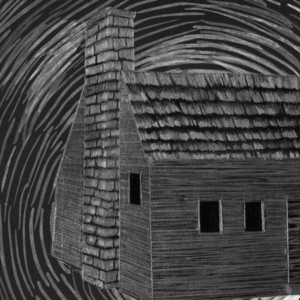
Nico Muhly on the Oddness of Deadlines, and the Power of Opera
In conversation with Paul Holdengraber
Nico Muhly talks with Paul Holdengraber about adapting Hitchcock, being challenged to a duel, and the genius of C.P. Cavafy (among other things).
Nico Muhly on the nature of commissions…
If I tell people I got a commission, they say “Congratulations!” But a commission is almost like being challenged to a duel. Here’s this thing you’re going ot have to deal with. Or it feels like one of the tasks of Hercules. In this span of time, you have to solve this crazy problem which can be artistic or emotional or musical. In three years, let’s see what you’ve done.
Nico Muhly on deadlines…
The deadline emboldens you… The physical reality of a line versus how we use deadline to mean a time. That’s the most abstracting space. People have deadlines like, “Monday at noon,” but other times there’s things like, “By next week,” which is a very vague, floating thing. Deadlines are very odd. They’re these constantly shifting sources of anxiety. There’s no way to predict what they actually mean.
Nico Muhly on the power of opera…
Opera can really tell stories very efficiently because you have things working on every register. You can tease out other things, you can resolve ambiguities or you can create new ones and that’s the kind of power of music of course is that you can do that in one. It’s the same as if you’re close to a very, very great actor is that you can see, with an eyebrow, or with an inflection, or with a very subtle change in atmosphere you can learn a lot about what’s going on. I think music is the same thing. Where you have one percussion gesture or harp note played just so, and suddenly the whole lighting’s changed in the room.
Nico Muhly on the beauty of C. P. Cavafy…
One of the things I find so touching about Cavafy is that there’s always this remove, speaking about it very abstractly as he is in Impossible Things, but in some of the other poems he’s speaking very explicitly, where he’s looking at someone and whoever that is, it’s never right in front of him, it behind a curtain or up a little bit to the left or in a different box at the theater. And there’s this way in which the whole of the life of the artist is that remove. Whatever the distance is to that object, to that line. And I find that so moving.



















